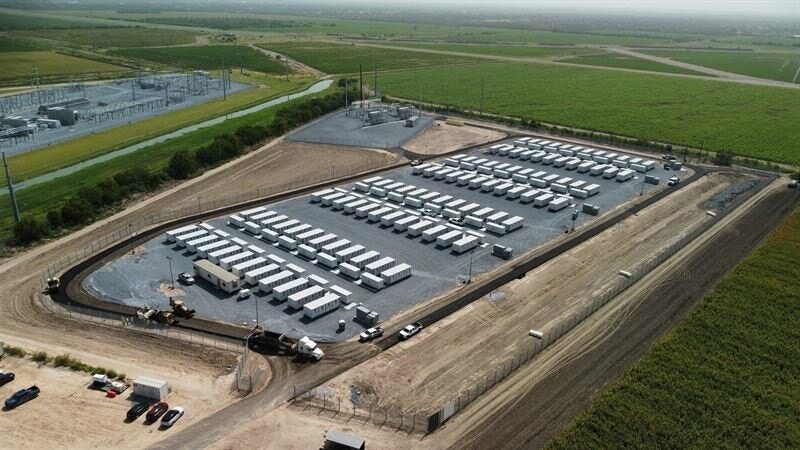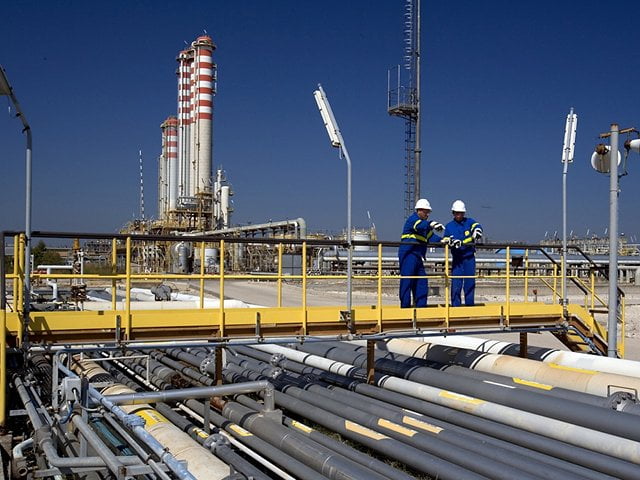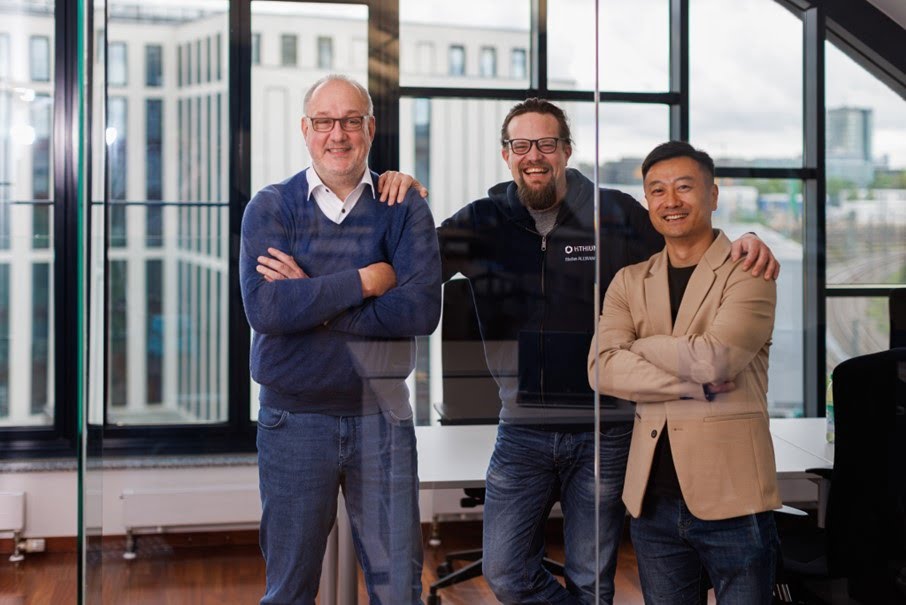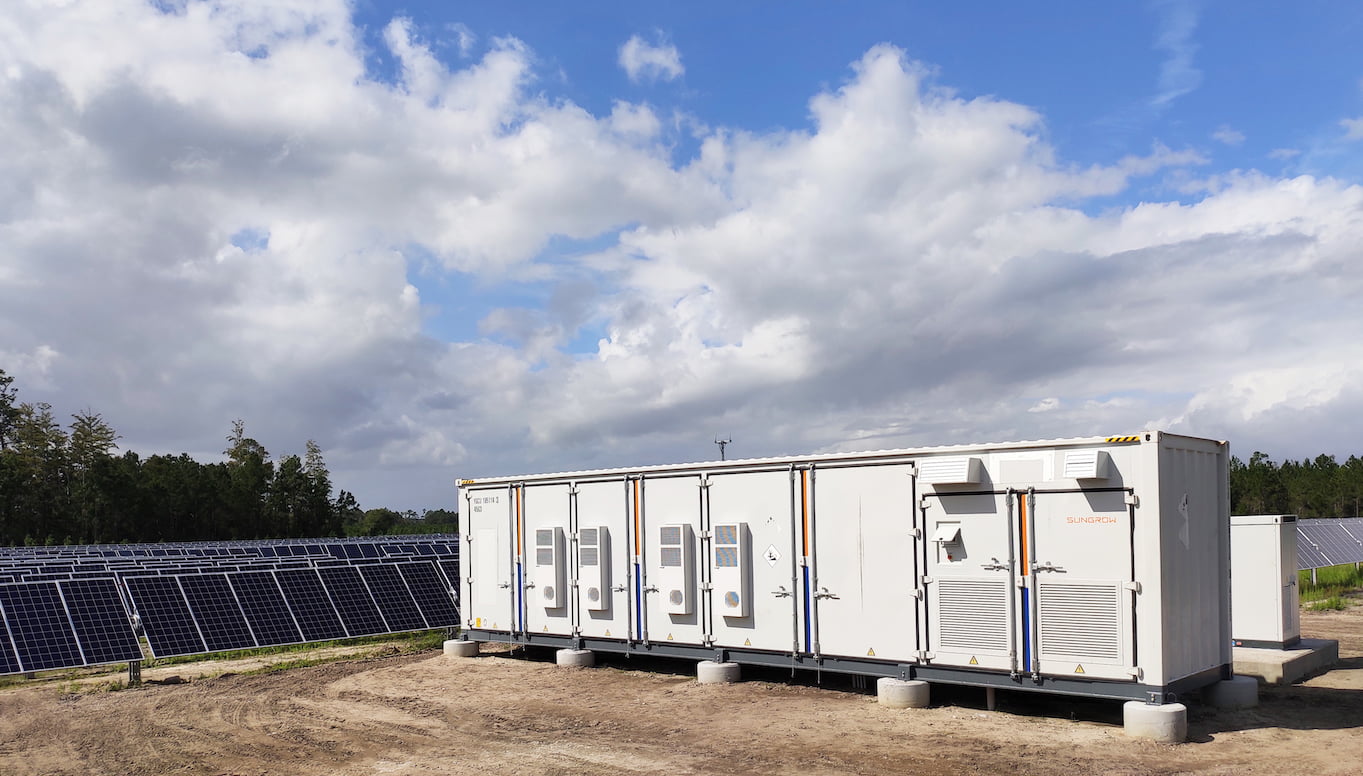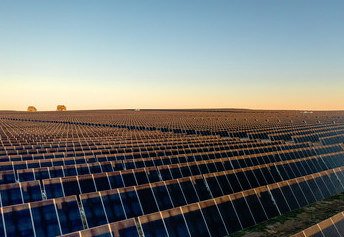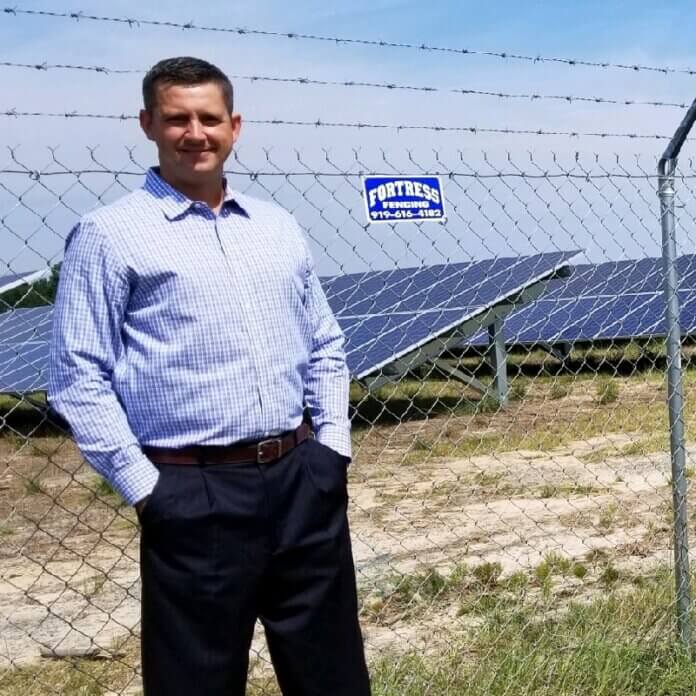EnerVenue chief revenue officer (CRO) Randall Selesky described the company’s technology as “uniquely differentiated” from the typical lithium-ion systems of the type commonly used in battery energy storage system (BESS) installations.
CEO Jorg Heinemann explained more about the technology and how it could be lower cost, more sustainable, and more compact than other storage solutions, in a July 2021 interview with Energy-Storage.news. The technology is adapted from energy storage solutions used in space, at NASA facilities and the International Space Station among others, and made suitable for low-cost mass production by EnerVenue.
Its claimed advantages include a long lifetime – the battery is expected to last 30 years, or 30,000 cycles, with the company recently launching a 20-year, 20,000 cycle warranty – a versatility to stack vessels in series or parallel to create anything from residential to utility-scale systems, and decoupling from the lithium-ion battery supply chain. While the metal in the vessel is nickel, the amount used is very small, Heinemann said.
Customer High Caliber Energy selected the ESV tech after an extensive vetting process, through which it stood out above other options, with EnerVenue’s stats jumping off the page for their “operational efficiency, reliability, flexibility, and cost-effectiveness,” High Caliber Energy managing partner Matt Davis said.
Safety was a critical piece of that evaluation, Davis told Energy-Storage.news, but some of its other advantages were also highly enticing.
“EnerVenue’s improved safety was a critical factor for technology selection, as was the Energy Storage Vessels’ long lifespan. The cycling characteristics offered the customer flexibility and EnerVenue’s simple warranty provides assurance,” Davis said.
The 1.2kWh vessels – the ‘cell’ of the company’s storage systems – will be combined into a single installation, with a source close to the company revealing that the undisclosed end customer is a utility co-operative (co-op).
While the source said further details of the project cannot be disclosed at this time, such as how the solar-plus-storage system’s applications will be monetised, EnerVenue did say the Energy Storage Vessels’ primary functions will include load leveling for the electricity supplier and frequency regulation.
7GWh of customer orders and a gigafactory on the way
The ESVs are the second generation of EnerVenue’s storage tech, and High Caliber Energy’s Matt Davis said the fact that they will be made in the US made the EPC “confident about future supply”.
As reported by Energy-Storage.news in March, the manufacturer is building a 1 million square foot ‘gigafactory’ in Shelby County, Kentucky, which CRO Randall Selesky confirmed yesterday is due for opening during 2024.
Representing the next phase of EnerVenue’s growth, as Selesky put it, the factory will have an initial 1GWh production capacity of ESVs, but the company plans to invest more than a billion dollars into it, bringing it up to 20GWh annual production capacity over time.
The company has a claimed 7GWh of committed customer orders, and is already booking orders “for 2025 and beyond,” while it is also working on new product enhancements, Selesky said. EnerVenue only launched out of stealth mode in 2020, securing US$100 million in a Series A funding round a year later.
For the Florida project, storage duration of the EnerVenue system will be in the range of 2-4 hours, and will have the flexibility to perform multiple cycles per day. The project marks a small step forward for the technology provider which hopes its solutions will enable a giant leap for renewable energy integration.
Selesky highlighted that while the Florida project is relatively short duration, ESVs can provide charge/discharge rates of between 2-12 hours, with an ability “to cycle up to three times per day without rest” opening up “completely new business opportunities for customers, which is another reason we have seen so much enthusiasm for the technology”.
“EnerVenue’s metal-hydrogen technology is uniquely differentiated from typical li-ion systems. It’s ultra-long life, fire safety, and flexibility change the narrative around what’s possible with grid-scale battery storage,” Randall Selesky said, adding that: “The batteries’ 30-year lifespan eliminates the need for augmentation”.
Continue reading


